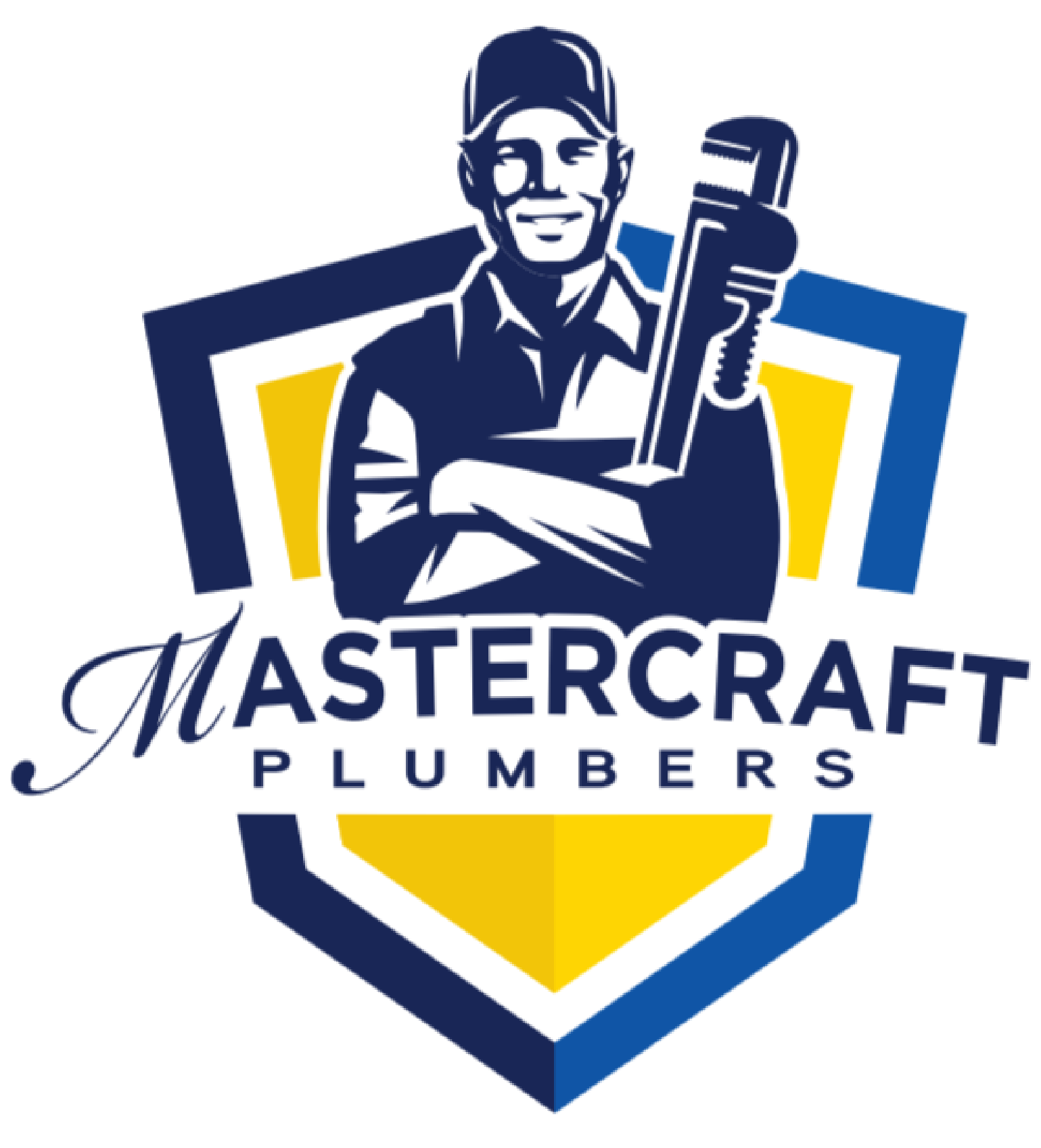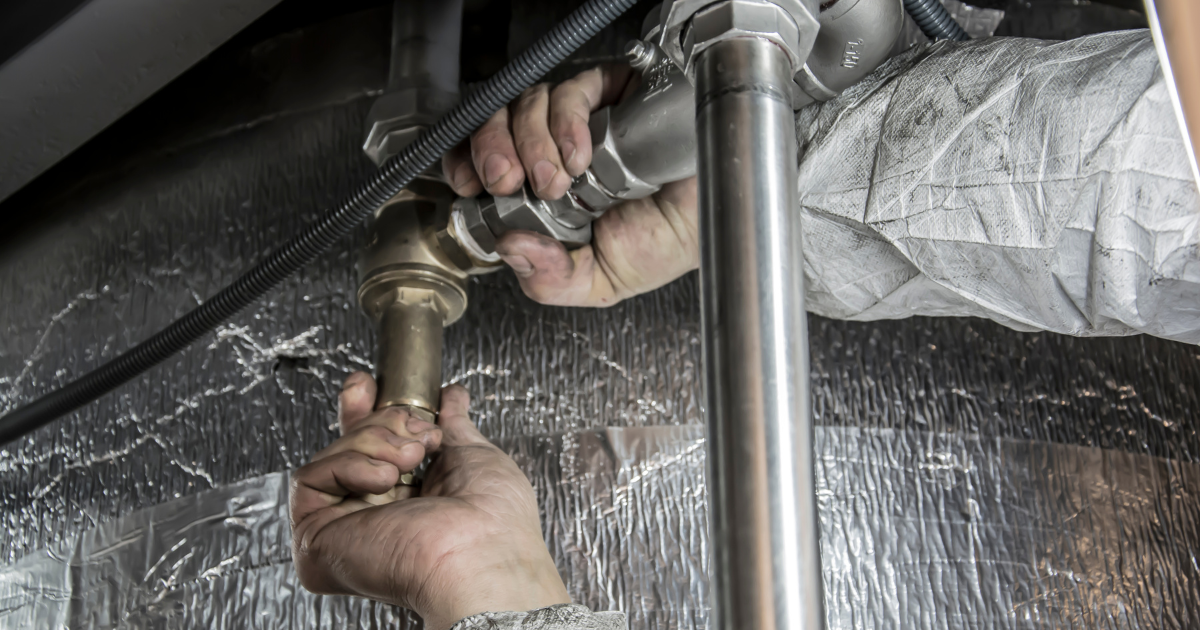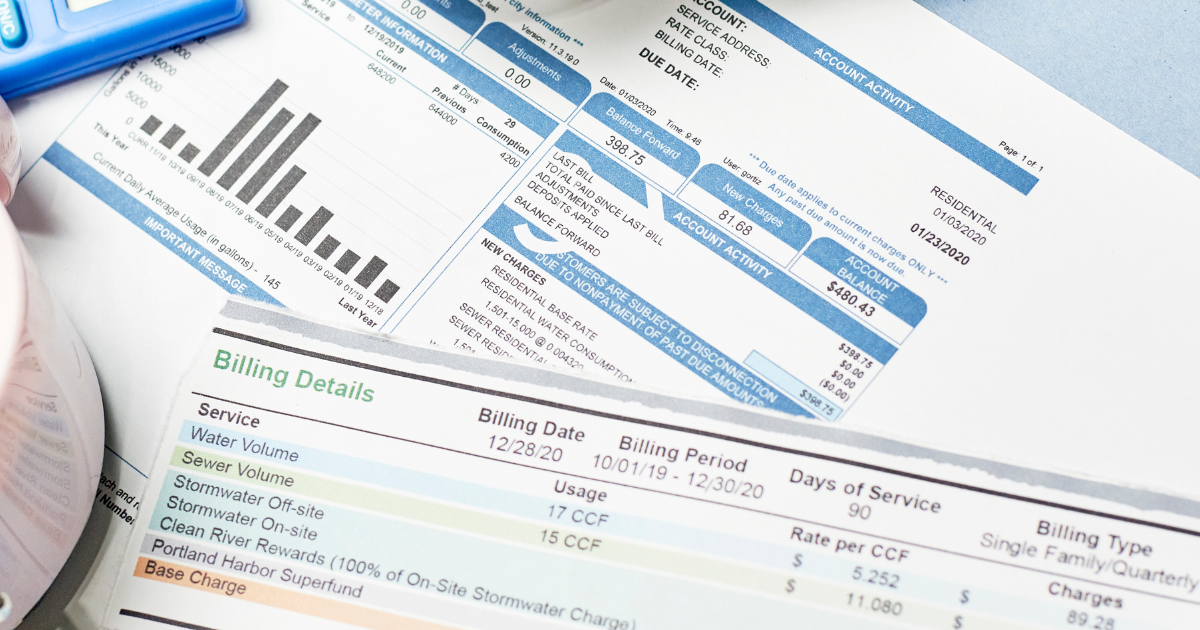How to Find a Water Leak in Your House
Water leaks can wreak havoc on your home, leading to costly repairs and potential water damage. Identifying and addressing leaks early is crucial to prevent further issues. In this blog post, we’ll discuss some practical tips for locating water leaks in your house and the importance of prompt detection and repair.
1. Check Your Water Meter
One of the simplest ways to determine if you have a leak is by checking your water meter. Start by turning off all water sources in your home and then monitor the meter. If the meter continues to run, it’s a clear indicator of a leak somewhere in your plumbing system.
2. Check Your Utility Bills
Your water bill can sometimes give you hints about a possible water leak. If you see a sudden or unusual increase in your water usage, you may have a water leak.
3. Inspect Visible Pipes and Fixtures
Inspect all visible pipes, faucets, and fixtures in your home for any signs of leaks. Look for
dripping faucets
, pooling water under sinks, and damp spots on walls or ceilings. Don’t forget to check areas with exposed pipes, such as basements, crawl spaces, and utility rooms.
4. Conduct a Visual Inspection
Perform a thorough visual inspection of your property, both indoors and outdoors, for any signs of water damage or moisture. Pay attention to areas around appliances, such as refrigerators, dishwashers, and washing machines, as well as
around toilets
and showers.
5. Use Food Coloring
To detect hidden toilet leaks, add a few drops of food coloring to the toilet tank and wait for about 30 minutes without flushing. If the colored water appears in the toilet bowl, it indicates a leak in the flapper valve, which is a common culprit for wasted water.
6. Hire Professional Leak Detection Services
If you suspect a water leak but can’t locate it yourself, don’t hesitate to call in
professional leak detection services
. After all, the longer you let a water leak go, the more damage it will do to your home and the more money you will spend on repairs. At Mastercraft, our experienced plumbers use specialized equipment to find leaks in plumbing systems, walls, roofs, and other water-filled areas.
Frequently Asked Questions
Is a leaking pipe an emergency?
Yes. Any leak is a plumbing emergency that is usually a sign of an even worse plumbing problem. When you see a leak, you need a plumbing repair.
Is leaking detection covered by my homeowner's insurance?
Whether leak detection is covered by your homeowner’s insurance can vary depending on the policy and the circumstances surrounding the leak. In many cases, homeowner’s insurance will cover the cost of leak detection if the leak results in damage to the property that is covered by the policy. However, it’s important to review your insurance policy carefully and consult with your insurance provider to understand the specific coverage details related to leak detection. Additionally, coverage may be influenced by factors such as the cause of the leak, the location of the leak, and any preventive measures taken by the homeowner.
How accurate is leak detection technology?
The modern leak detection technologies used by our professional team, such as acoustic leak detection, infrared imaging, and electronic leak detection, are generally very accurate. These methods allow our plumbers to pinpoint the exact location of a leak with high precision, minimizing the need for invasive or destructive measures to locate the source of the problem.
How can I prevent water leaks in the future?
Preventing water leaks in your home involves several proactive measures:
- Regular maintenance: Schedule routine inspections of plumbing fixtures, pipes, and appliances to check for signs of wear, corrosion, or damage.
- Monitor water usage: Keep an eye on your water bill for unexpected spikes, which could indicate a hidden leak. Also, be mindful of changes in water pressure, unusual sounds, or dampness around fixtures, as these can be early warning signs of leaks.
- Install leak detection devices: Consider installing water leak detection systems that can alert you to potential leaks before they cause significant damage. These devices use sensors to detect moisture or changes in water flow and can provide early warnings via smartphone notifications.
- Seal and insulate pipes: Insulate exposed pipes in cold areas of your home to prevent freezing and potential bursting during winter months. Also, regularly check and replace worn seals and gaskets around plumbing fixtures to maintain watertight seals.
- Practice safe plumbing habits: Avoid flushing items down toilets or pouring substances down drains that can cause clogs or damage to pipes. Dispose of cooking oils and grease properly, and use drain strainers to catch hair and debris that could contribute to blockages.
- Landscape with care: Be mindful of the location of underground pipes and irrigation systems when landscaping your yard. Avoid planting trees or shrubs with invasive root systems near water lines to prevent root intrusion and potential damage to pipes.
Catch Leaks Early, Prevent Further Damage
Water leaks can cause significant damage to your home and lead to costly repairs if left unaddressed. By following these tips for locating water leaks in your house, you can catch them early and prevent further damage. If you’re unable to find the source of a leak or need assistance with leak detection, Mastercraft Plumbers offers expert leak detection services to help you identify and repair leaks promptly.
If you have questions about our services or would like to schedule an appointment, contact us today at (760) 350-3888.
The post How to Find a Water Leak in Your House first appeared on MasterCraft Plumbers .


